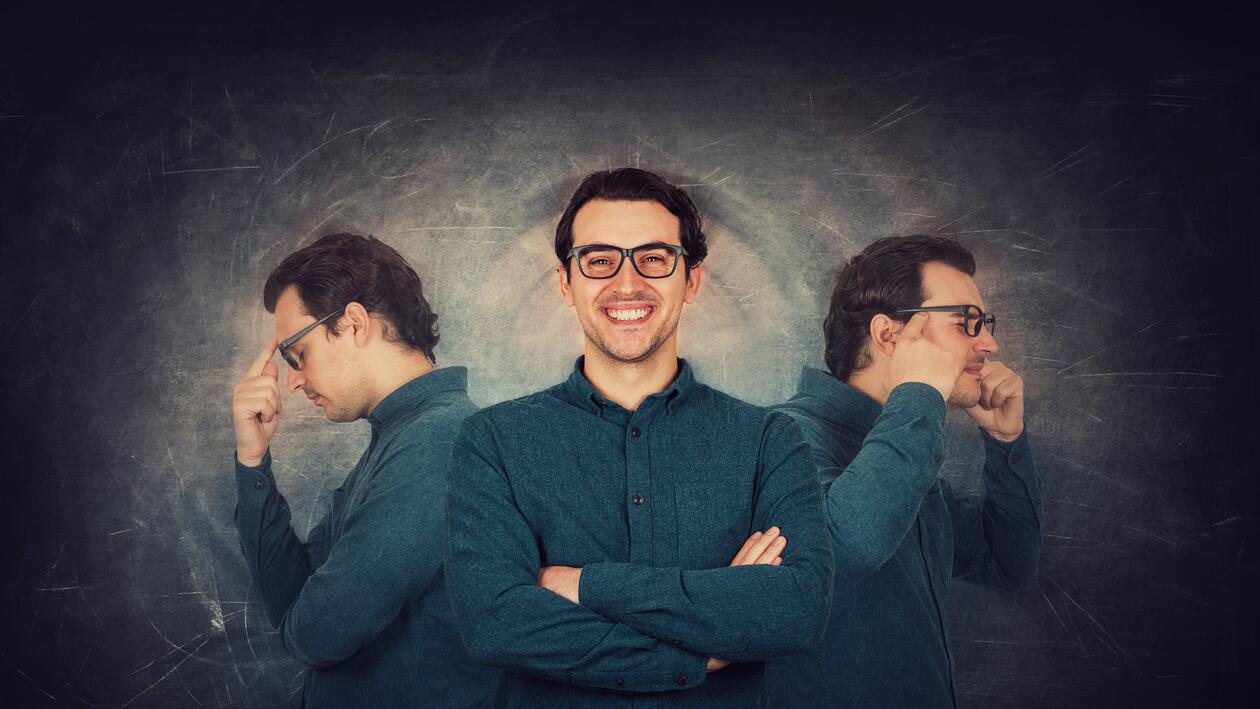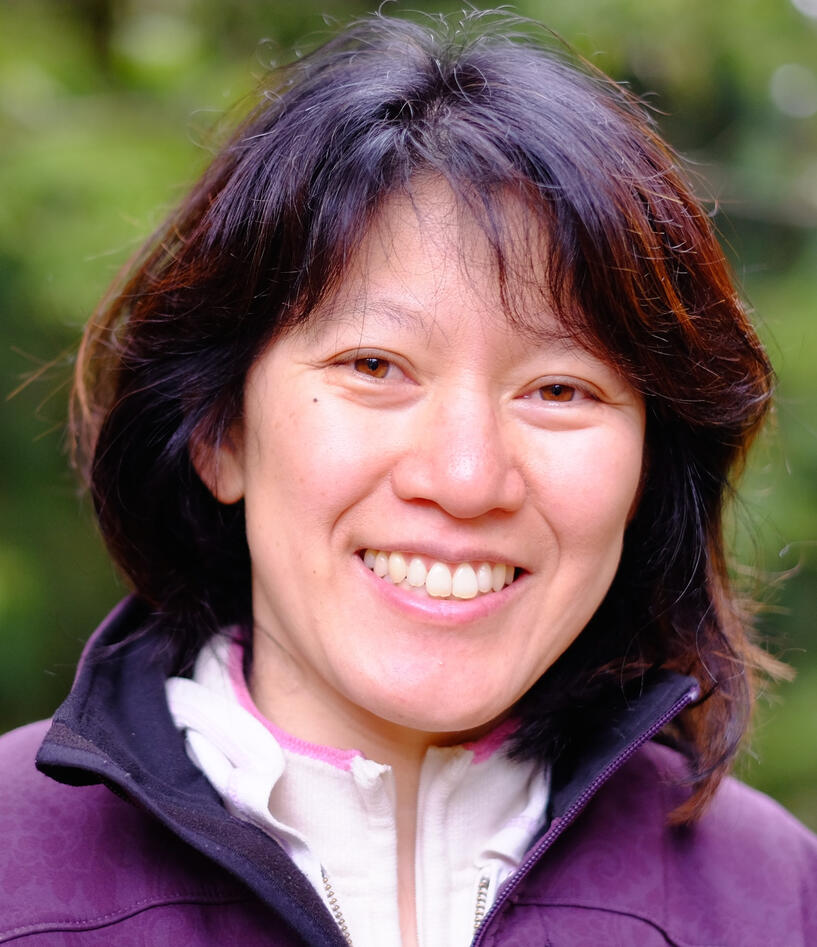Emerging covid-19 personalities create conflict
Researcher at the University of Bergen, Mimi E. Lam, has just published a comment about the impacts of emerging Covid-19 behavioural identities.

Main content
The comment, United by the global COVID-19 pandemic: divided by our values and viral identities was just published in Humanities and Social Sciences Communication, and argues that people develop Covid-19 personalities during the pandemic.
The pandemic affects various groups differently
Researcher at the Centre for the Study of the Sciences and the Humanities (SVT) at UiB, Mimi E. Lam, wants the government to be conscious about the consequences of the different personalities and groups that are created in a time of severe social restrictions and uncertainty.
"We see these conflicts both in society and in our family lives," says Lam.
In her comment, she further addresses several challenges that the pandemic poses.
"The pandemic affects various groups differently, something that can create an "us vs. them" thinking and sow seeds of conflict, discrimination and racism."
Lam uses the US as an example of how a person's values can show themselves during a pandemic, and points to how the use (or lack of use ) of facemasks has become a political symbol.
"Now that the Covid-19 restrictions have begun to wear on Norwegians as well, we might see more animosity between the different covid-19 personalities, which the government needs to look out for."
Some early Covid-19 personality types
Lam identifies and explains some early Covid-19 personality types:
- Deniers: who downplay the viral threat, promoting business as usual
- Spreaders: who want it to spread, herd immunity to develop, and normality to return
- Harmers: who try to harm others by, for example, spitting or coughing at them
- Realists: who recognise the reality of the potential harm and adjust their behaviours
- Worriers: who stay informed and safe to manage their uncertainty and fear
- Contemplators: who isolate and reflect on life and the world
- Hoarders: who panic-buy and hoard products to quell their insecurity
- Invincibles: often youth, who believe themselves to be immune
- Rebels: who defiantly flout social rules restricting their individual freedoms
- Blamers: who vent their fears and frustrations onto others
- Exploiters: who exploit the situation for power, profit or brutality
- Innovators: who design or repurpose resources to fight the pandemic
- Supporters: who show their solidarity in support of others
- Altruists: who help the vulnerable, elderly, and isolated
- Warriors: who, like the front-line health-care workers, combat its grim reality
- Veterans: who experienced SARS or MERS and willingly comply with restrictions
We are not immune to each other
These emergent Covid-19 behavioural identities are being hijacked by existing social and political identities to politicize the pandemic and heighten racism, discrimination, and conflict, according to Lam.
The Covid-19 pandemic reminds us that we are not immune to each other. To unite in our fight against the pandemic, it is important to recognize the basic dignity of all and value the human diversity currently dividing us.
Lam argues that it's only then that we can we foster societal resilience and an ethical Covid-19 agenda. This would pave the way for other global commons challenges whose impacts are less immediate, but no less dire for humanity.
According to Lam, liberal democracies need an ethical policy agenda with three priorities:
1. To recognize the diversity of individuals.
2. To deliberate and negotiate value trade-offs
3. To promote public buy-in, trust, and compliance.
